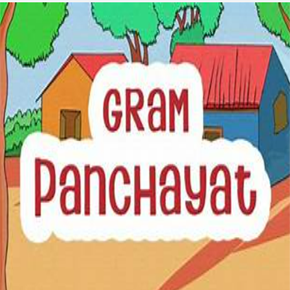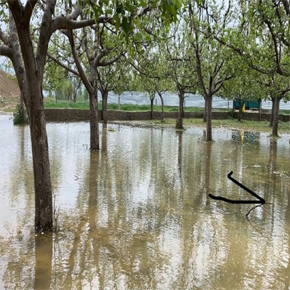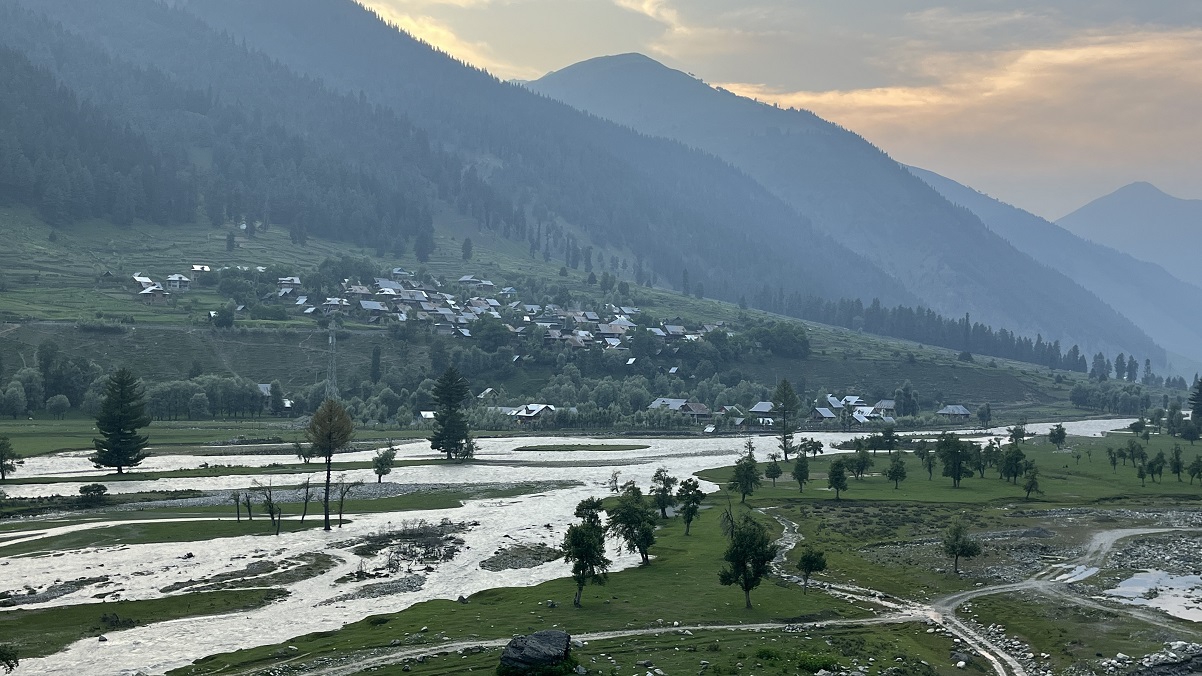A Distant Dream People of Jammu and kashmir
IN 2015, the United Nations Educational Scientific and Cultural Organisation (UNESCO) declared 28 September as International Day for Universal Access to Information. Considering that several civil society organizations and government bodies in the world have adopted and currently celebrate this observance, the UN General Assembly also adopted 28 September 2019 as the International Day for Universal Access to Information. This year’s theme is ‘Artificial intelligence, e-governance and access to information’.
As recently highlighted by LG Sinha, e-governance in Kashmir is commendable especially in the context of the e-office project of J&K Government wherein more than 3 lakh files were digitized and work in the civil secretariat was made digital. The e-Office project of the Government is aimed at supporting governance by ushering in more effective and transparent inter and intra-governmental processes. This has transformed office work completely which has now become simplified, responsive, effective and above all, transparent .
While all this is applause-worthy, one cannot help but look at an integral part of the e-governance process that has damped the spirit of such changes. Accessing information online, under the RTI act 2005, is still difficult and with many roadblocks in the way.
On November 30th 2021, the then Information Technology Secretary Government of Jammu & Kashmir, Mr Amit Sharma, during a TV debate on Door Darshan had said that he would soon ensure filing of applications under the Right to Information Act (RTI) through a dedicated online portal. He was responding to my question when I raised this issue during the said TV programme. Infact, Mr Sharma assured that not only will online RTI applications be filed through an online mode but residents of J&K would also be able to file applications through a digital portal under the J&K Public Services Guarantee Act (PSGA). It is now almost a year and the promise remains unfulfilled.
PIL for Online RTI application
In 2019, the Supreme Court bench, headed by Justice NV Ramana, issued notices to the Centre,State & Union Territories’ Governments after a Public Interest Litigation (PIL) was filed seeking the facility to file RTI applications through a digital platform online). A Non-Governmental Organisation Pravasi Legal Cell, which works for legal empowerment of Non-Resident Indians (NRIs) and Indians working in foreign countries and has been doing advocacy to impress upon the state governments to allow filing of online RTI applications, had moved the PIL before the Supreme Court. Advocate Jose Abraham, the counsel of the NGO in the petition had described the RTI Act as a powerful tool but had said that its purpose is met only if applicants get information without delay and through the electronic mode.
For instance, under section 7 (1), the information related to life and liberty of a person is to be provided in 48 hrs instead of 30 days and that is only possible when the RTI application is received electronically and reply also provided in the same mode (online). However, when that service is not available to citizens in many states including Jammu & Kashmir, how can this legal provision be realised on ground?
This issue was raised by the NGO in its petition as well. The relevant para of the petition reads:
“One of the most effective provisions in the RTI Act is section 7(1) which states that ‘information sought for concerns the life or liberty of a person, the same shall be provided within 48 hours of the receipt of the request’ is not effective under the existing system and it severely affects the life and liberty of citizens”
In another case, in January last year, the Supreme Court also issued notices to 25 High Courts for failing to receive online RTI applications even after over 16 years have passed since the enactment of RTI Act 2005. The notice was issued after a PIL was filed by an RTI Activist from Agra, K C Jain, in Supreme Court around 2 years back.
Indian Postal Orders (IPOs) Not Available
As a long-time campaigner of the Right to Information Act (RTI), I have come to the conclusion that getting an Indian Postal Order (IPO) from a post office is a very difficult task. In the last 15 years of my advocacy around the issue, I have not come across a single post office in a mohalla or a village that sells Indian Postal Orders (IPOs). The same is only sold either in General Post Offices or in bigger post offices. If a person from a remote village in Machil Kupwara wants to file an RTI application , he or she will have to travel all the way from Sogam or its surrounding village to Kupwara town to get the postal order. Is this citizen friendly?
Had online RTI service been available, as is the case in some states like Maharashtra, a resident of places like Machil,Teetwal or Padder in Kishtwar could have filed an application under RTI Act 2005 from a cell phone sitting in his own village.
This is so easy to do and most advisable, yet isn’t being done here.
RTI Act and Online Applications
There is a clear provision in the RTI Act 2005 that an applicant can seek information through a written application or electronically. The Section 6(1) of the RTI Act 2006 reads:
“A person, who desires to obtain any information under this Act, shall make a request in writing or through electronic means in English or Hindi in the official language of the area in which the application is being made, accompanying such fee as may be prescribed, to (a) the Central Public Information Officer or State Public Information Officer, as the case may be, of the concerned public authority.”
When RTI Act 2005 says that applications can be accepted electronically (email etc) why are Govt offices reluctant to accept the applications under this mode or receive fees electronically?
Conclusion
In this digital era when most of the services are available to us in a digital mode, artificial intelligence and e-governance play an important part in improving access to information. They can help bridge the digital divide, by giving citizens access to tailor-made and accessible information. The digital RTI platforms can deliver more efficient and citizen friendly services which are not possible through conventional mode. RTI is a fundamental right which is recognized in 80 % of the nations across the world.

























































































